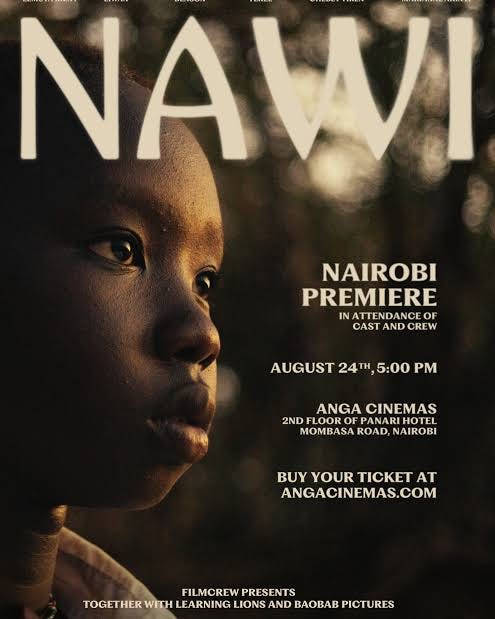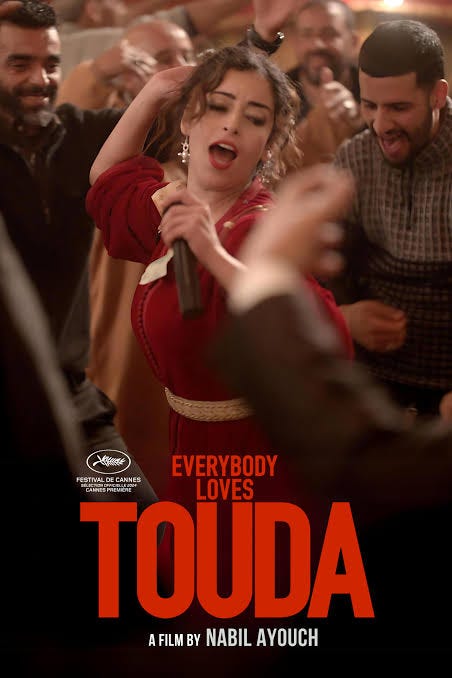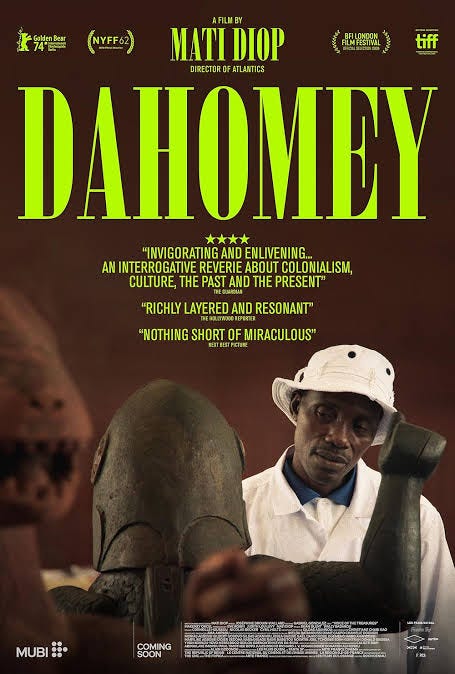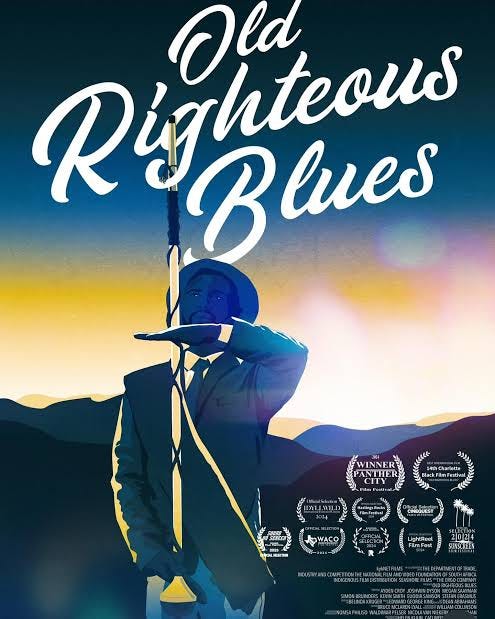African Films at the 2025 Oscars
The Academy Awards, or the Oscars, have long been a symbol of prestige and accomplishment in global filmmaking. For African cinema, however, breaking through the gilded gates of Hollywood's biggest night has been a journey fraught with challenges, triumphs, and a tireless fight for representation. This year, as the Oscars gear up for their 2025 edition, nine African nations have thrown their hats into the ring, submitting films that reflect the continent's creative spirit, diverse narratives, and cultural richness.
From Algeria to South Africa, these submissions are not just about vying for a golden statuette; they are a statement. They declare that Africa’s stories are no longer confined to the continent. They deserve to be heard, seen, and celebrated on the global stage.
A Continent in the Spotlight
Africa's representation at the Oscars has historically been sparse, with sporadic breakthroughs that feel more like exceptions than the rule. When Tsotsi took home the award for Best Foreign Language Film in 2005, it was a moment of pride, yet also a reminder of how rare such victories were. In the nearly two decades since, African filmmakers have struggled against the tide of limited resources, systemic biases, and the immense competition that defines the Oscars.
Still, the winds are changing. The disqualification of Nigeria’s Lionheart in 2019 for not meeting the "non-English dialogue" requirement sparked a heated conversation about what it means to represent global storytelling. It forced the Academy to confront its own biases and opened the door for more nuanced discussions about inclusivity.
This year’s submissions are proof that Africa’s filmmakers are not backing down. Instead, they are crafting narratives that blend local authenticity with universal themes, challenging the status quo and redefining what it means to be "Oscar-worthy."
The Films Leading the Charge
Among the submissions are stories of resilience, love, identity, and hope—each uniquely African, yet universally relatable.
Algeria: Algiers by Chakib Taleb-Bendiab
Algeria’s Algiers plunges viewers into a gripping mystery. The disappearance of a young girl rattles the bustling capital, forcing a psychiatrist, a police inspector, and the city itself to confront buried secrets. This thriller isn’t just a tale of suspense; it’s a love letter to Algiers, with its vibrant streets and complex history. Winner of the Grand Prix Award at the Rhode Island Film Festival, Algiers embodies the power of storytelling to explore societal scars.
Cameroon: Kismet by Ngang Romanus
Love and courage clash in Kismet, a poignant romance set amidst communal tensions in Cameroon. The story of Wambo, a Christian woman who defies tradition to love a Muslim man, is a heartfelt exploration of unity in the face of division. This film, based on true events, resonates deeply in a world where love often transcends societal boundaries.
Egypt: Flight 404 by Mona Zaki
Flight 404 tackles faith, desperation, and redemption. Ghada, a devout Muslim, is forced to confront her past when she needs money for her mother’s surgery. Mona Zaki’s riveting performance grounds this story of moral dilemmas and familial love. A box-office hit in the Middle East, Flight 404 is a stirring reminder of the lengths we go to for those we love.
Kenya: Nawi by Apuu Mourine, Vallentine Chelluget, Tobias Schmutzler, and Kevin Schmutzler
In Kenya’s Nawi, 13-year-old Nawi fights for her education against a backdrop of poverty and patriarchal traditions. This coming-of-age tale, recognized at the Africa Movie Academy Awards, is both tender and defiant. Nawi’s refusal to accept an arranged marriage in exchange for goats symbolizes the resilience of young African girls fighting for their futures.
Morocco: Everybody Loves Touda by Nabil Ayouch
Music is the heartbeat of Morocco’s Everybody Loves Touda. Touda, an aspiring folk singer, leaves her small town to chase her dreams in Casablanca. The film beautifully captures the tension between ambition and duty as Touda strives to provide for her deaf son while pursuing her passion. Premiered at Cannes, Ayouch’s work reaffirms the power of music to connect and heal.
Nigeria: Mai Martaba by Prince Daniel Aboki
*Nigeria’s Mai Martaba transports audiences to colonial-era Katsina, blending history, politics, and family drama. When a princess is named heir to the throne, chaos erupts, challenging gender roles and power dynamics. Rooted in the Kannywood tradition, this film highlights Nigeria’s rich storytelling culture and its ability to engage global audiences with local tales.
Senegal: Dahomey by Mati Diop
Mati Diop’s Dahomey reclaims African history through the eyes of looted artifacts returning to Benin. The film’s innovative narrative, partially told from the perspective of a stolen treasure, underscores the urgent call for restitution from colonial powers. Diop’s work is not just a film but a movement—a cinematic demand for justice and cultural pride.
South Africa: Old Righteous Blues by Muneera Sallies
Set in the vibrant Western Cape, Old Righteous Blues tells the story of Hantjie, a young choir member navigating love, ambition, and tradition. Against the backdrop of South Africa’s Christmas choir culture, the film explores identity and intergenerational conflict. It’s a soulful reminder of the rich traditions that define the region.
Tunisia: Take My Breath by Nada Mezni Hafaiedh
In Take My Breath, Tunisia offers a deeply personal exploration of identity. Shams, an intersex seamstress, embarks on a journey of self-discovery after her secret is exposed. The film, which won the Jury Award at the Rotterdam Arab Film Festival, tackles societal rejection and the quest for self-acceptance with sensitivity and courage.
Beyond the Oscars
The surge in African submissions is not happening in a vacuum. The global entertainment industry has begun to take note of Africa’s creative industries, driven by a hunger for fresh narratives and diverse perspectives. Streaming giants like Netflix and Amazon Prime have invested heavily in African content, while international festivals now feature African films more prominently.
This growing interest has provided African filmmakers with platforms to tell their stories on a scale previously unimaginable. Yet, the Oscars remain a crucial battleground—a space where recognition can propel a film and its creators into global consciousness.













